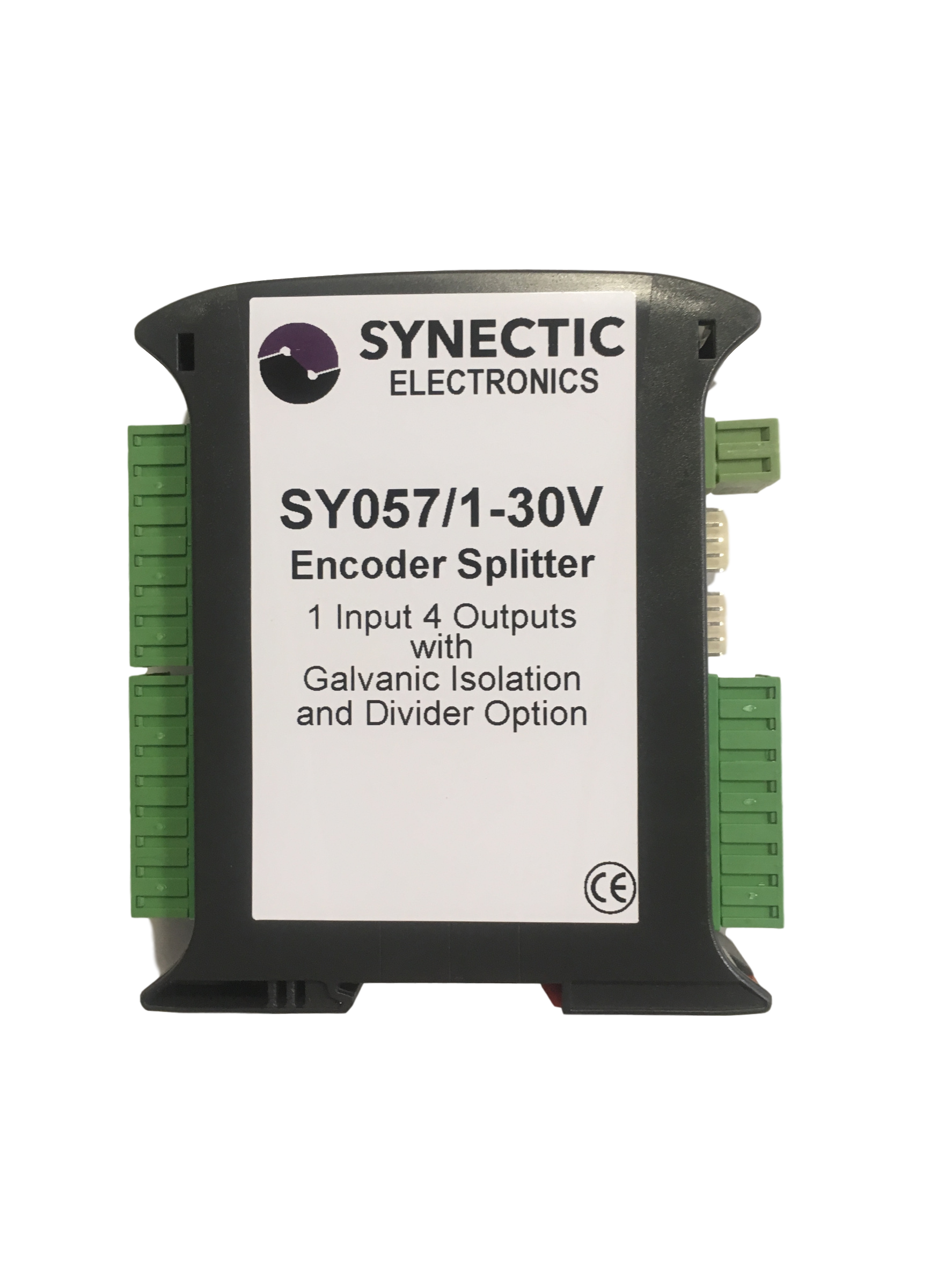- Dec 9, 2017
- 217
- 85
- 103
- 45
- If you're a qualified, trainee, or retired electrician - Which country is it that your work will be / is / was aimed at?
- United Kingdom
- What type of forum member are you?
- Electrical Engineer (Qualified)
Evening, we have a machine (being deliberately vague) it has a main motor, which is driven by a VFD, on the spindle of the shaft driven by the motor is a rotary incremental encoder, something like 1000 pulse / revolution. This encoder controls a Servo Drive which drives a small motor for another part of the process.
Three times now we have had the Servo Drive fail, it happens we think either when the machine is turned on or off, never when it’s running. It could happen if the emergency stop is pressed when it’s running, as seems to happen. But no definite proof.
The fault is burnt tracks on the PCB on the encoder input (the encoder on the main motor shaft, not the servo motor encoder). Both channels A+B from memory. It is a surface mount board so is a pain to repair.
First time it happened, the encoder was replaced, as was the 24v DC PSU powering it. It has happened again twice I think after that. Servo Drive was replaced twice.
My solution was to put current limiting resistors in the encoder A+B channel and 100mA fast blow fuses. It hasn’t happened since so I think this has worked, but it would be nice to find out what was causing it.
Presumably a magnetic field breaking down could cause a spike like a relay or the drive is doing something. The encoder channels are shared with the HSC in the Allen Bradley PLC, no damage has been caused to this.
It is an Invertek Drive controlled by standard digital inputs, only one contactor in the machine, safety relay, HMI, Allen Bradley PLC with 2x HSC add-ons.
Thanks.
Three times now we have had the Servo Drive fail, it happens we think either when the machine is turned on or off, never when it’s running. It could happen if the emergency stop is pressed when it’s running, as seems to happen. But no definite proof.
The fault is burnt tracks on the PCB on the encoder input (the encoder on the main motor shaft, not the servo motor encoder). Both channels A+B from memory. It is a surface mount board so is a pain to repair.
First time it happened, the encoder was replaced, as was the 24v DC PSU powering it. It has happened again twice I think after that. Servo Drive was replaced twice.
My solution was to put current limiting resistors in the encoder A+B channel and 100mA fast blow fuses. It hasn’t happened since so I think this has worked, but it would be nice to find out what was causing it.
Presumably a magnetic field breaking down could cause a spike like a relay or the drive is doing something. The encoder channels are shared with the HSC in the Allen Bradley PLC, no damage has been caused to this.
It is an Invertek Drive controlled by standard digital inputs, only one contactor in the machine, safety relay, HMI, Allen Bradley PLC with 2x HSC add-ons.
Thanks.










